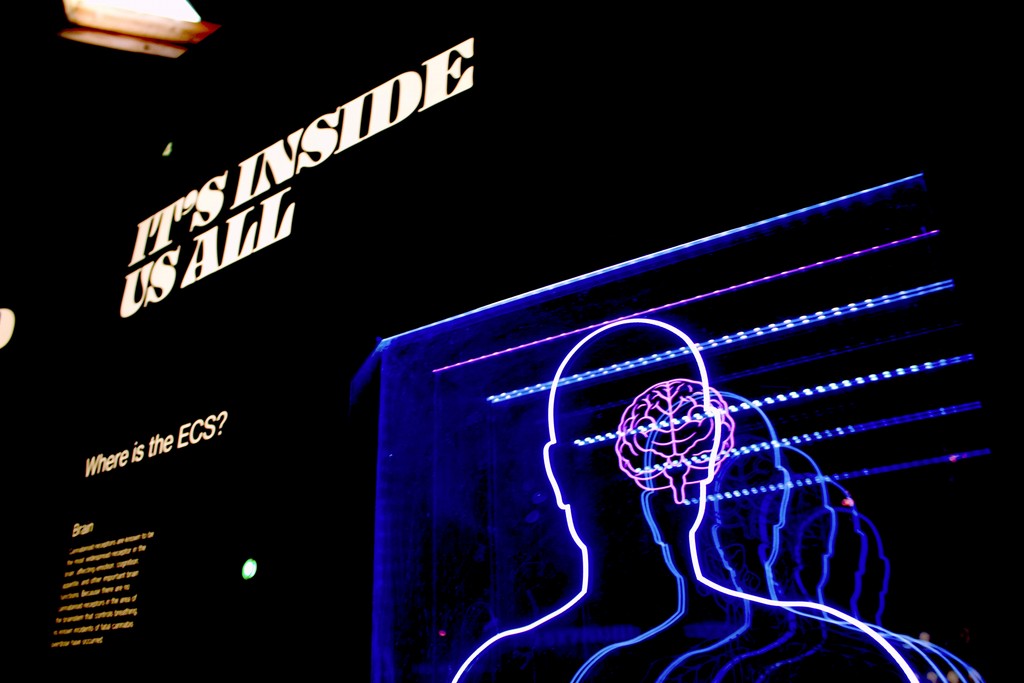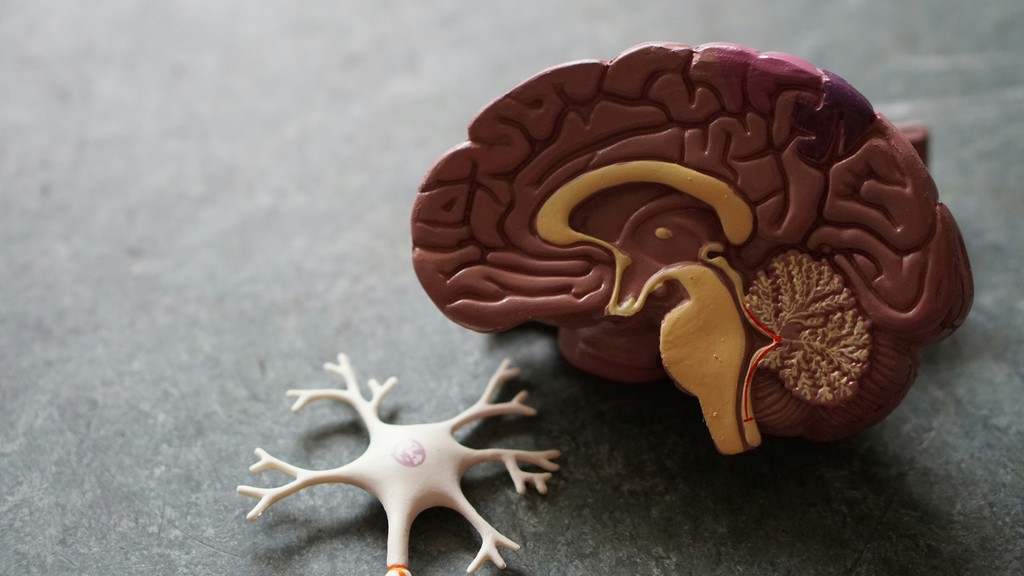
Ryan
Mar 19, 2024
Enhancing Memory Preservation for Dementia with AI
To the realm of the conceivable, where technology is as advanced as the services that are offered. In the current more developed and rapidly changing society, one sector of the population is commonly neglected—people with dementia. When memory erasure sets in, people can lose the most precious moments of their lives and relationships, and thus, both patients and their families become frustrated.
In this blog post, I will explain what AI-powered interventions for dementia patients are and how they work. Join me as I show you how these innovations revolutionize the world through memory preservation and connection. So, let us sit back and ride through the twisted and turning road of innovation in dementia care with the help of AI!
What is Dementia and Memory Loss?
Dementia is a group of brain disorders that cause cognitive decline and is currently a global health issue. It is described by a progressive deterioration in the intellectual faculties, such as memory, calculation, and language. Alzheimer's disease is the most recognized type of dementia.
Forgetfulness is usually one of the first signs and one of the most noticeable symptoms of dementia. Over the course of the disease, people may have difficulty recalling information or even comprehending who is around them. This can be very unsettling for the person with dementia and their family members.
However, the cause of dementia has not been fully understood; however, it is thought that it is a combination of genetic predisposition, lifestyle, and environmental factors. Gender also emerges as a factor in that dementia is more common among women than men, while age is another factor since the risk of the disease rises with age.
Unfortunately, not every memory difficulty is a sign of dementia. It is common for individuals to periodically experience forgetfulness and the inability to remember certain things and events as they age or are under stress. However, one should pay attention to memory problems that persist and worsen, and it is advisable to consult a doctor.
The Importance of Artificial Intelligence in Memory Storage
AI is rapidly changing the world, and its influence on healthcare cannot be overestimated. When it comes to memory preservation for patients with dementia, AI greatly improves their quality of life.
Another element of the use of AI in preserving memories is the analysis of large volumes of information. Through this, AI algorithms are able to analyze data and come up with patterns that might not have been easily discernible. This assists healthcare personnel in understanding the path that dementia takes and devising special treatment plans.
Another way AI is helpful in memory preservation is through cognitive training programs. These programs use technology like virtual reality and games to help people with dementia have fun and stimulate their brains. Thanks to the application of AI, these programs can be personalized for every person and offer workouts to address particular cognitive aspects.
In addition, artificial intelligence in monitoring systems provides optimum care to patients with dementia. These systems use sensors installed in various parts of the home and/or wearable devices to monitor daily activities, sleep, and altercations in activities. These systems employ machine learning approaches to identify potential changes or shifts in cognitive function and inform the patient's caregivers or medical providers.
New AI Developments in Dementia Care
Several developments in artificial intelligence have occurred recently, especially in dementia care. These technological advancements are changing the Face of dementia care and management and the possibilities of memory improvement and cognitive training.
AI has effectively created individualized prevention strategies specific to the client's needs. By processing big data from different sources, like patient data, wearable devices, and even social media platforms, AI models can recognize shifts in cognitive or behavioral parameters. With this helpful information, healthcare workers can address the patient early before the condition advances. They can try to slow down the development of dementia.
One of the most exciting applications of the future is the integration of AI with VR to enhance memory by providing the patient with an engaging environment. VR simulations can relate to real-life environments or incidents that a person has experienced in the past and, therefore, help enhance brain function. This not only helps enhance memory as to what was stored but also gives people a feeling of joy and satisfaction.

Examples of AI Implementation in Dementia Care
Personalized Reminiscence Therapy:
Another way AI is helping preserve memory for people with dementia is through personalized reminiscence therapy. This entails applying machine learning to a patient's history, for instance, pictures, videos, and music, to design an environment that triggers memory and emotion. Thus, using structured stimuli that are familiar to the patient will assist in creating positive memories and enhancing cognition.
Virtual Reality (VR) Experiences:
The integration of VR with advanced AI has had positive impacts on the lives of dementia patients. With the use of such media, people can be taken back to familiar places they once knew or allowed to perform activities they love yet cannot perform due to one reason or another. For instance, a previously active patient who loved gardening can use VR to simulate gardening or take a virtual walk through the garden.
Voice Assistants for Medication Management:
Memory impairments characteristic of dementia also affect patients' ability to adhere to medication schedules. Voice assistants with AI can help remind patients to take their medicine at certain times and can also dole out the medicine if required. This assists in minimizing the likelihood of the patients getting confused and makes them stick to the right treatment plan.
Smart Home Automation:
The third real-life example of AI in dementia care involves incorporating home automation systems into the patients' daily lives. These systems employ sensors distributed throughout the home that track the occupant's movement and identify possible dangers or changes in behavior indicating a decline or an emergency.
In this way, using these real-life examples of how AI interventions are helping dementia patients extends the hope for improving memory and quality of life.

Possible Effects of Confinity AI on the Future of Dementia Care
Confinity AI is a state-of-the-art artificial intelligence tool that can help improve dementia care and memory retention among people with this disease. Thus, Confinity can help patients with targeted and individualized interventions based on the findings of the assessment produced by AI.
A strength that makes Confinity AI stand out is the analysis of large data sets from patients' medical histories, everyday routines, and cognitive tests. This rich data helps Confinity to comprehensively understand a person's state and design targeted approaches to memory preservation.
Also, the machine learning algorithms ensure that Confinity learns from the new data inputs and modifies its interventions. This characteristic helps provide proper care to each patient, depending on their condition at a particular time.
Also, the monitoring aspect of Confinity's services means that healthcare providers or caregivers can assess a patient's condition outside the typical clinical environment. Real-time updates make it easier to make appropriate changes since interventions can be made at the right time.
Nevertheless, it is necessary to mention that the potential of Confinity AI in dementia care raises certain ethical issues concerning privacy and informed consent. This implies that the role of technology must be considered while protecting patients' rights.
With Confinity AI, there is a whole new way to keep our digital archives safe. Thanks to its highly developed artificial intelligence, it is a perfect tool to ensure that people's most valuable minutes will never be forgotten.
However, how does one mainly use Confinity AI? It is easy to sign in, even for this part of the game, which sometimes takes ages to load! Just go to their website, and there is a button on the homepage that says log in.
Upon registering in Confinity AI, you will be able to use all the application's functionalities.
Besides digital memory preservation, Confinity AI has other benefits. It has a natural search method, where the user can type in the kind of memory they are looking for or the keywords or tags associated with it. It also has a perfect integration with Google Drive or Dropbox, making your memories safe and easily accessible.
So, why would you want to avoid trying Confinity AI for yourself? This is an excellent opportunity to see how this handy gadget can help you conserve your digital memories.
Conclusion
Other digital dementia solutions, like Confinity AI, have been proven to be very helpful in increasing the chances of preserving memory among demented persons. This paper has reviewed the potential of artificial intelligence applications in the healthcare setting and noted that ethics must be developed to regulate the use of artificial intelligence.
